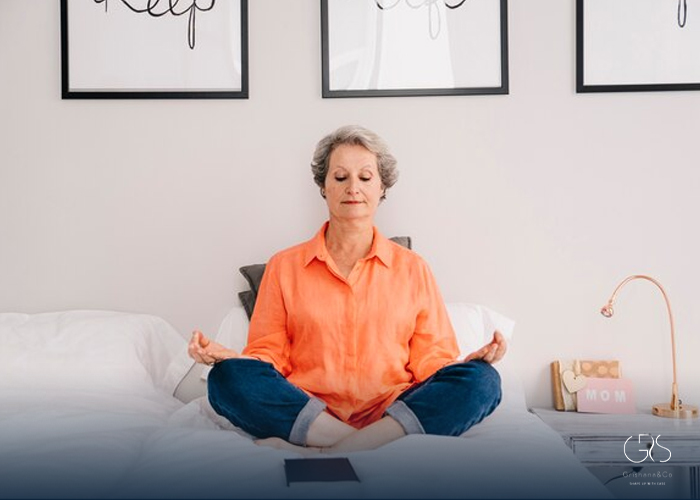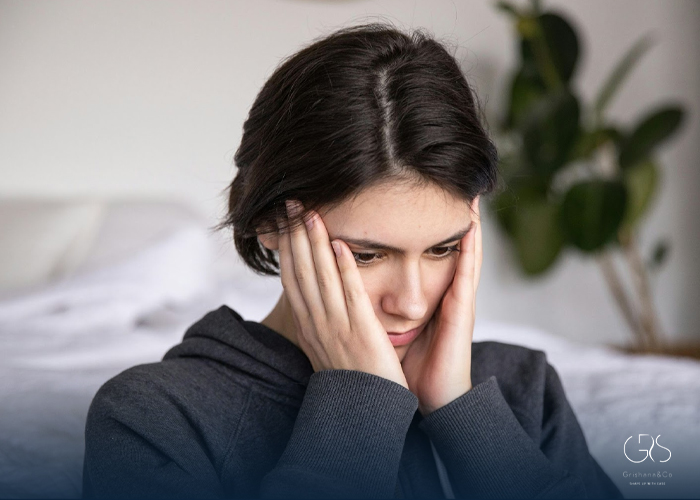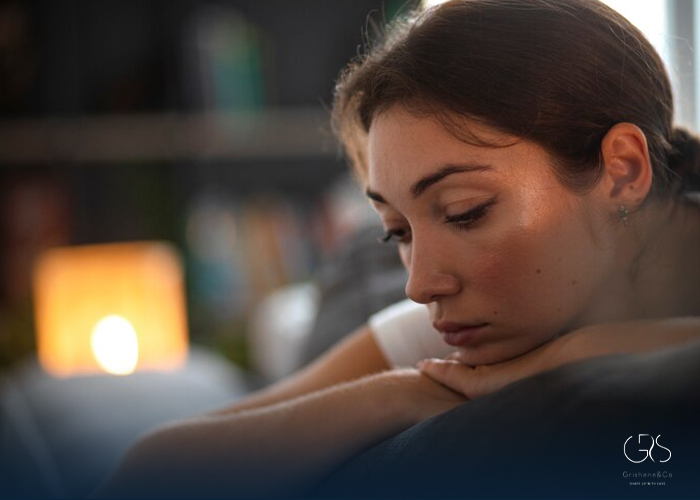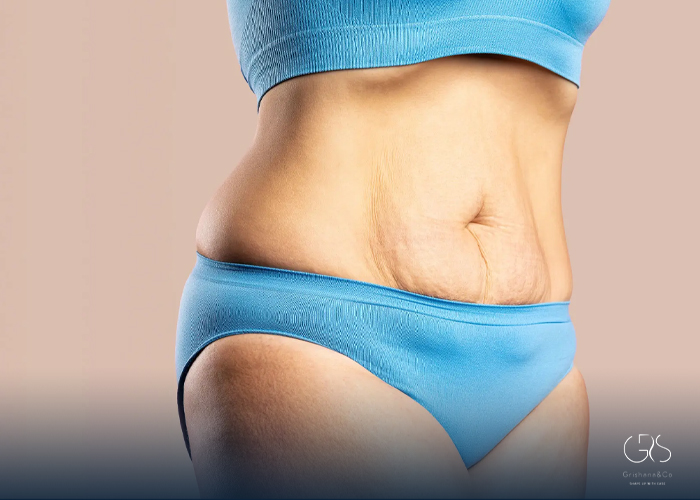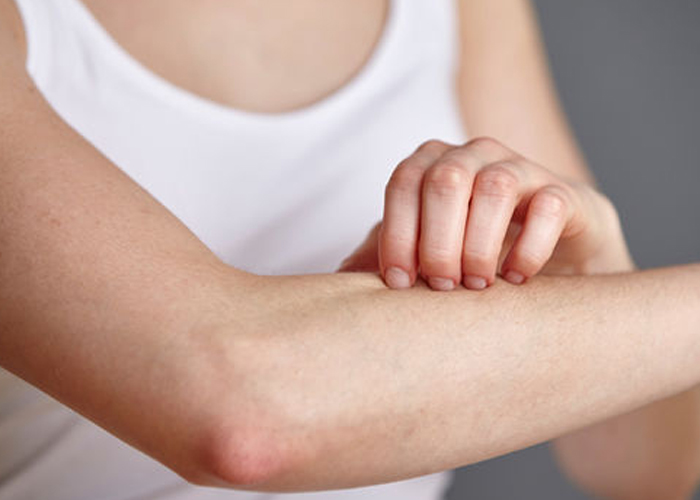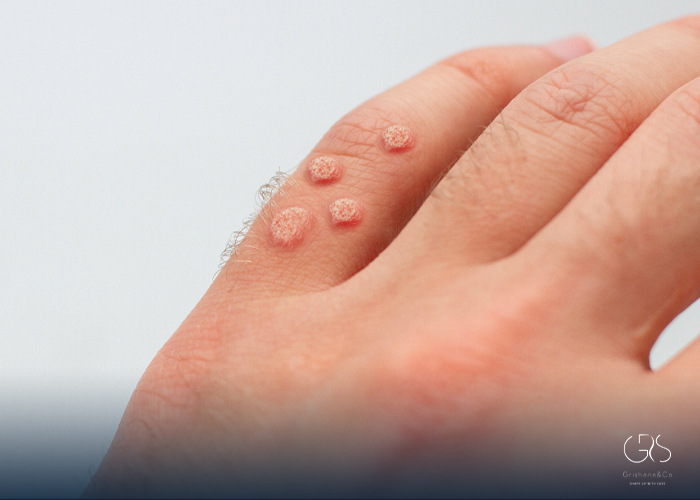Menopause, a natural phase in a woman’s life, often brings a range of challenging symptoms that can significantly affect her well-being. From hot flashes and night sweats to mood swings and sleep disturbances, these menopause symptoms can disrupt daily life and diminish overall quality of life. However, there are various effective ways to find relief from these symptoms, providing a renewed sense of comfort and vitality. This article explores evidence-based strategies, supported by statistics and diverse perspectives, to help women navigate through this transformative period with ease.
Holistic Approaches Toward Menopause Relief:
Diet and Nutrition: Maintaining a well-balanced diet rich in essential nutrients, such as calcium, vitamin D, and omega-3 fatty acids, can alleviate menopause symptoms. Incorporating phytoestrogen-rich foods and avoiding triggers like caffeine and spicy foods may also help.

Exercise and Physical Activity: Regular exercise can reduce the severity of menopause symptoms, including hot flashes and mood swings. Engaging in activities like aerobic exercise, strength training, and yoga can promote overall well-being.

Medical Interventions:
Hormone Replacement Therapy (HRT): HRT can effectively alleviate severe menopausal symptoms by supplementing the decreasing levels of estrogen and progesterone. However, its usage should be carefully discussed with healthcare professionals due to potential risks.
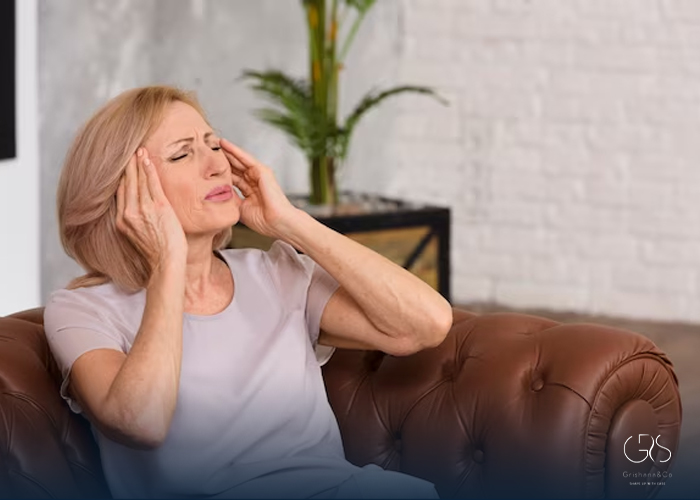
Non-Hormonal Medications: Alternative medications, such as selective serotonin reuptake inhibitors (SSRIs) and gabapentin, have shown promising results in managing menopause symptoms, particularly hot flashes. Consulting with a healthcare provider is essential to determine the appropriateness of these treatments.
3.Complementary and Alternative Therapies:
Herbal Remedies: Certain herbs like black cohosh, red clover, and evening primrose oil have been traditionally used to alleviate menopause symptoms. However, it’s crucial to consult with a healthcare provider before trying any herbal supplements.
Acupuncture: This ancient practice involves the insertion of thin needles into specific points in the body to stimulate energy flow. Acupuncture has shown promising results in reducing hot flashes and improving sleep quality during menopause.
Lifestyle Adjustments Toward Menopause Relief:
Stress Management: Chronic stress can exacerbate menopause symptoms. Therefore, adopting stress-reducing techniques like mindfulness, meditation, and deep breathing exercises can make a significant difference in managing symptoms.

Sleep Hygiene: Practicing good sleep hygiene, including maintaining a consistent sleep schedule, creating a comfortable sleep environment, and avoiding stimulating activities before bed, can improve sleep disturbances commonly experienced during menopause.
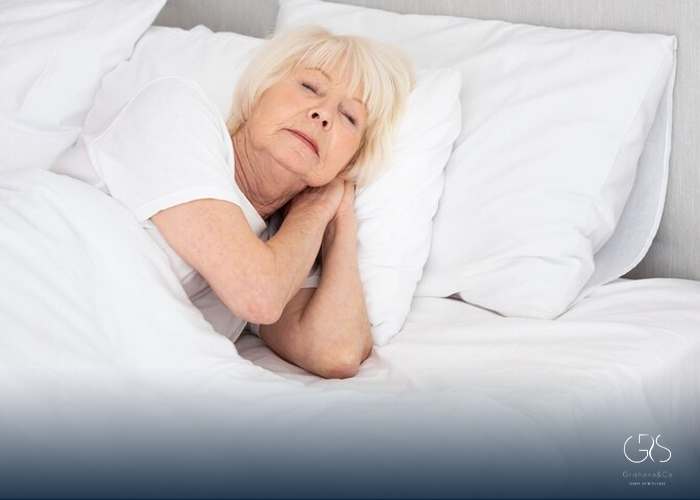
Conclusion:
Menopause may present various challenges, but by utilizing a combination of holistic approaches, medical interventions, complementary therapies, and lifestyle adjustments, women can effectively ease the symptoms and improve their overall quality of life. It is important to consult with healthcare professionals to determine the most suitable approach. By taking proactive steps towards menopause relief, women can embrace this transformative stage with confidence and vitality.
Sources
- Mayo Clinic, Menopause - Symptoms and causes
- National Institute on Aging, Menopause
- WebMD, Menopause Health Center
- American College of Obstetricians and Gynecologists (ACOG), Perimenopausal Bleeding and Bleeding After Menopause
- Cleveland Clinic, Menopause, Perimenopause, and Postmenopause


